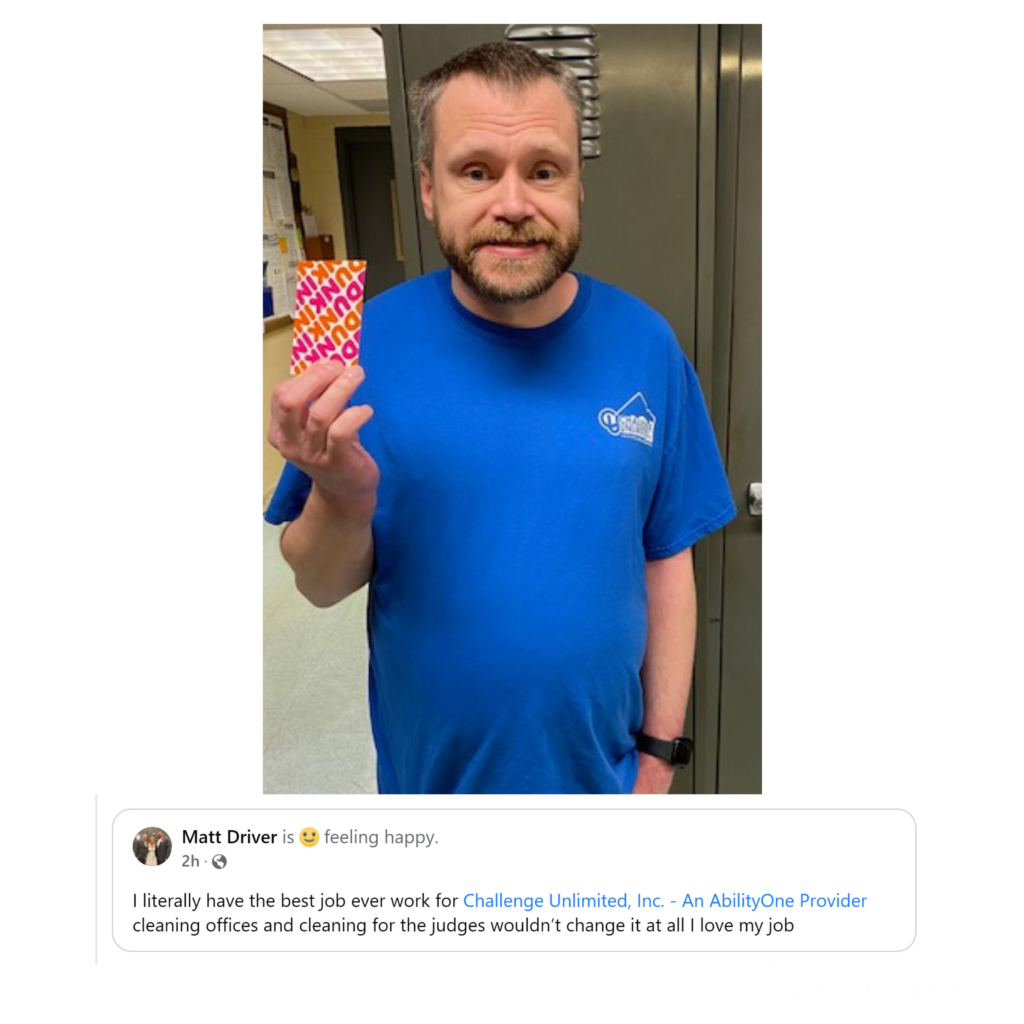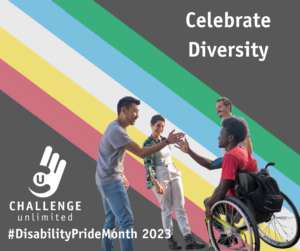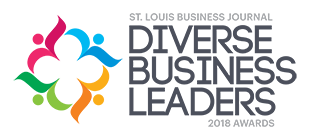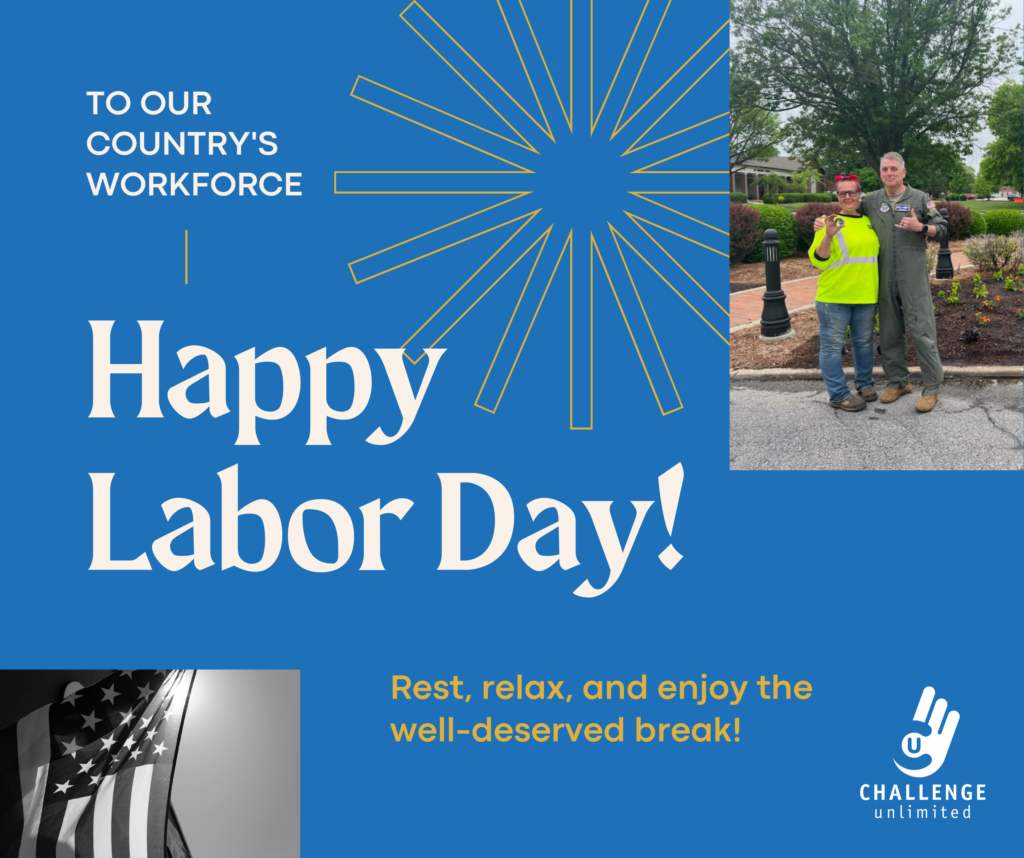 Introduction
Introduction
Labor Day, observed on the first Monday of September in the United States, is a day dedicated to honoring the contributions and achievements of the American workforce. While this holiday traditionally celebrates the labor movement and the gains made by workers, it’s also an excellent opportunity to reflect on the progress made in the realm of disability employment throughout history. In this blog post, we will explore the rich history of disability employment and the milestones achieved in promoting inclusivity and equal opportunities for all workers.
The Early Struggles
Historically, individuals with disabilities faced significant barriers when seeking employment. Discrimination, prejudice, and misconceptions about their abilities limited their opportunities in the workforce. However, there were a few bright spots in the early history of disability employment. The Civil War, for example, saw the employment of disabled veterans in various government positions, laying the groundwork for later disability employment initiatives.
World War I and II: Turning Points
The world wars brought about significant changes in the landscape of disability employment. As large numbers of soldiers returned home with disabilities, there was a growing recognition of the need to support them in their transition to civilian life. The Rehabilitation Act of 1918 marked a crucial step forward by providing vocational training and employment opportunities for disabled veterans.
World War II further accelerated these efforts, leading to the establishment of the Vocational Rehabilitation and Employment program by the Veterans Administration (now the Department of Veterans Affairs). This program aimed to provide disabled veterans with training, job placement services, and support to reintegrate into the workforce.
The Americans with Disabilities Act (ADA)
One of the most significant milestones in the history of disability employment in the United States was the passage of the Americans with Disabilities Act (ADA) in 1990. This landmark legislation prohibited discrimination against individuals with disabilities in various aspects of life, including employment. Under the ADA, employers were required to provide reasonable accommodations to enable qualified individuals with disabilities to perform their job duties effectively.
The ADA not only provided legal protection but also raised awareness about the importance of inclusive workplaces. This led to greater inclusivity in hiring practices and the removal of physical and attitudinal barriers that had previously hindered disabled individuals’ employment opportunities.
AbilityOne Program
The AbilityOne Program is a shining example of how innovative initiatives can promote disability employment and inclusivity in the workforce. Established in 1938, this federal program has been instrumental in creating job opportunities for people with disabilities while delivering valuable products and services to the government.
In the quest for a more inclusive and equitable workforce, programs like the AbilityOne Program stand as beacons of hope. This initiative, deeply rooted in the principles of social responsibility and equality, has made significant strides in facilitating disability employment in the United States. In this blog post, we will explore the remarkable journey of the AbilityOne Program and its pivotal role in fostering employment opportunities for individuals with disabilities.
As we celebrate Labor Day, let us reflect on the importance of work, let us recognize and support programs like AbilityOne that are making a difference in the lives of people with disabilities, proving that talent knows no bounds when given the right opportunities.
Technology and Remote Work
Advances in technology have played a pivotal role in improving employment prospects for people with disabilities. The rise of remote work and digital accessibility initiatives have created new opportunities for disabled individuals to participate in the workforce. Accessible technology, screen readers, and other assistive devices have empowered individuals with disabilities to excel in various professions.
Companies are increasingly recognizing the value of a diverse and inclusive workforce, which includes employees with disabilities. Many organizations are implementing policies and practices to support disability employment and foster a more inclusive workplace culture.
Conclusion
On this Labor Day, it’s important to acknowledge the progress made in the realm of disability employment throughout history. From the early struggles to the passage of the ADA, to the Wagner-O’Day Act, into the innovation of the AbilityOne Program, and the technological advancements of today, there has been a remarkable transformation in the opportunities available to individuals with disabilities.
However, there is still work to be done to ensure full inclusivity and equal access to employment for all. By continuing to raise awareness, advocate for disability rights, and promote inclusive workplaces, we can build a future where everyone has the opportunity to contribute their skills and talents to the workforce.
At Challenge Unlimited, we are incredibly grateful for the dedication, hard work, and passion that our workforce brings to the table every day. You are the backbone of our organization, and your commitment to excellence is what makes us shine. Through thick and thin, you’ve shown resilience, adaptability, and unwavering support, and for that, we say THANK YOU!
Let’s continue to inspire, innovate, and achieve greatness together.


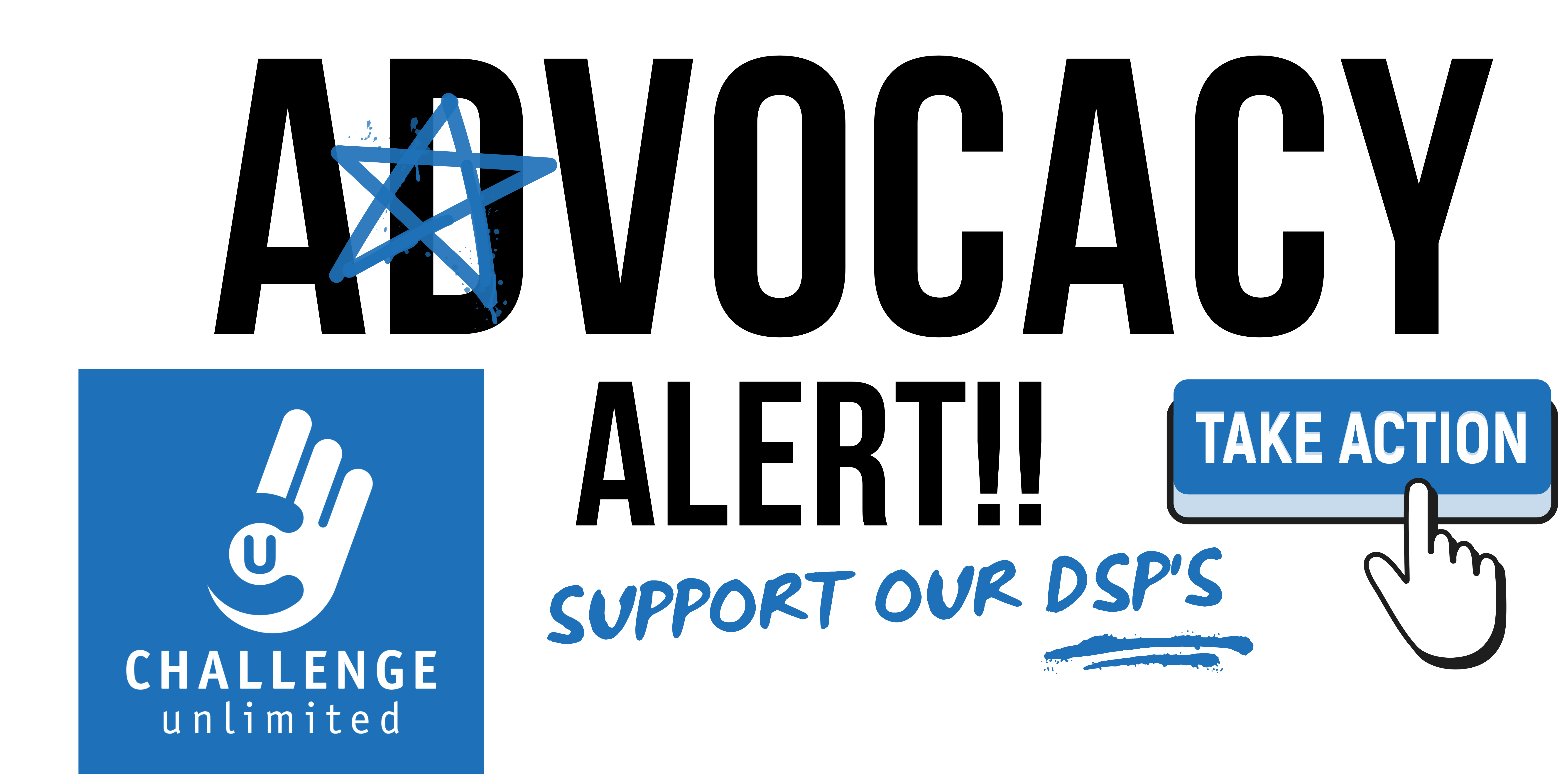 As the CEO of Challenge Unlimited, I see firsthand the challenges faced by the disabled community in Illinois.
As the CEO of Challenge Unlimited, I see firsthand the challenges faced by the disabled community in Illinois.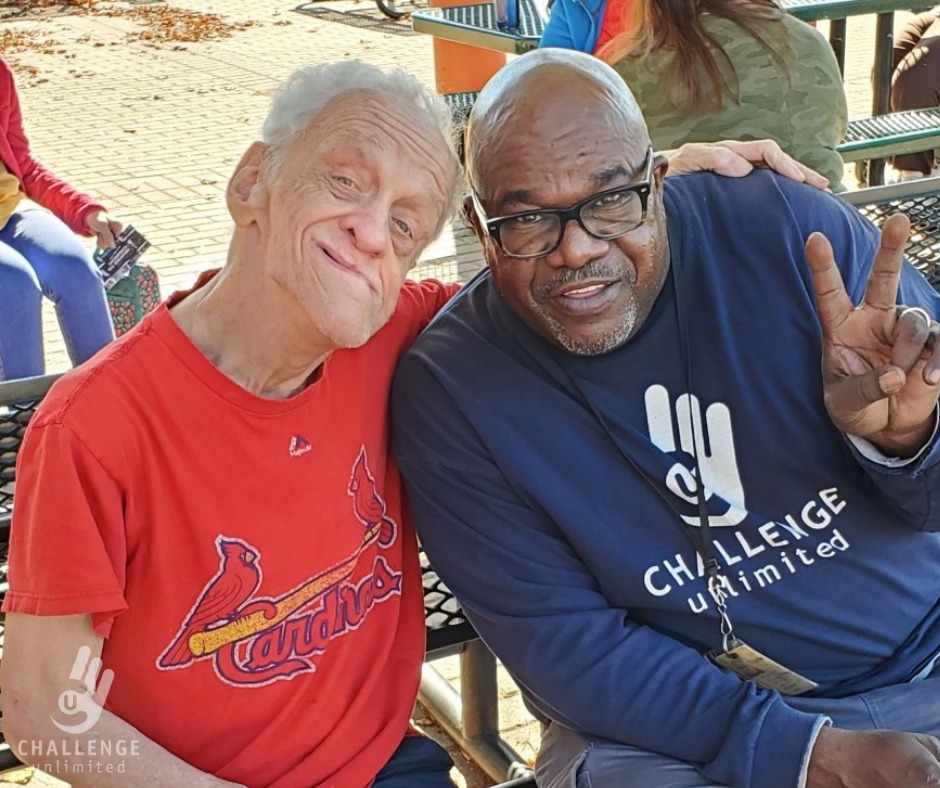
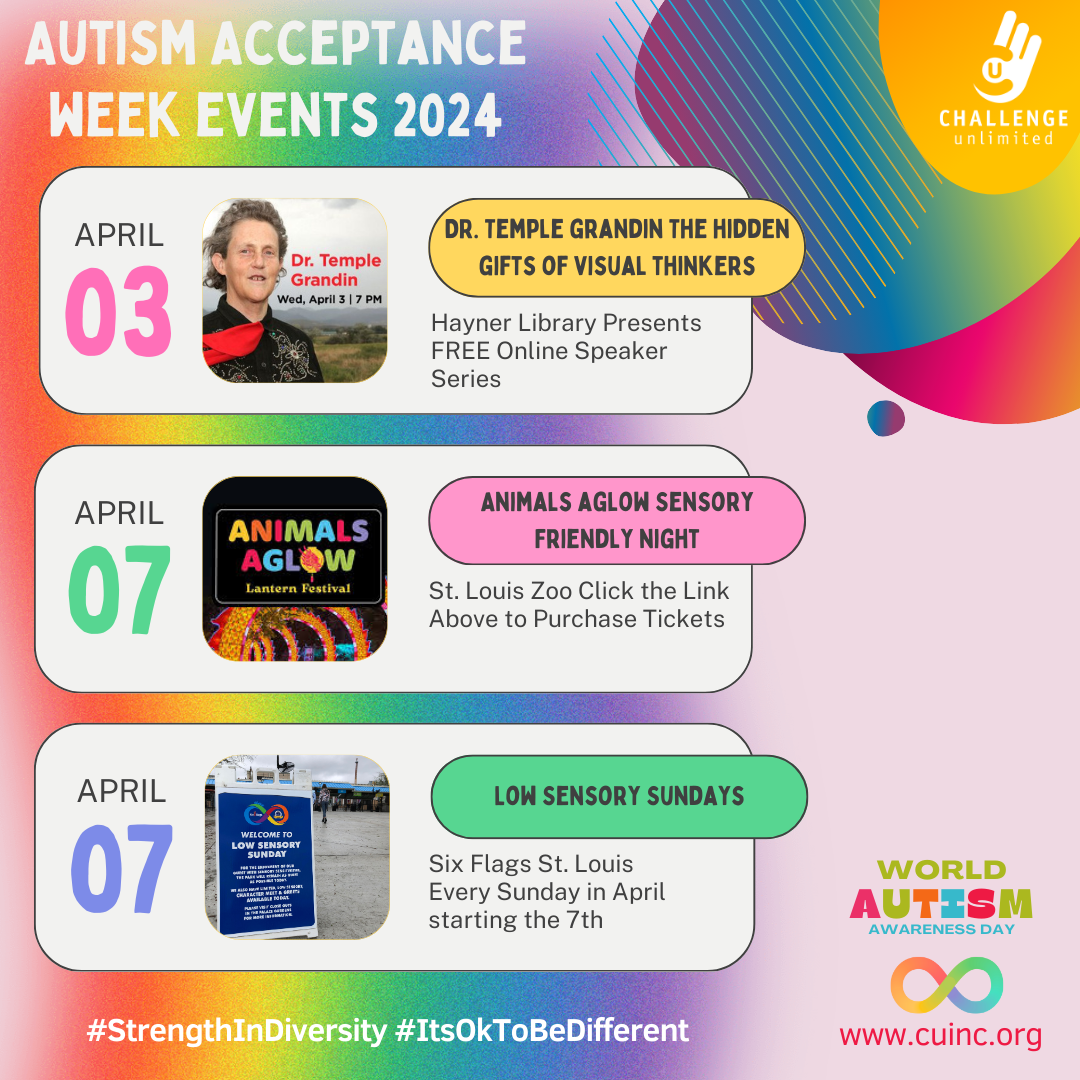

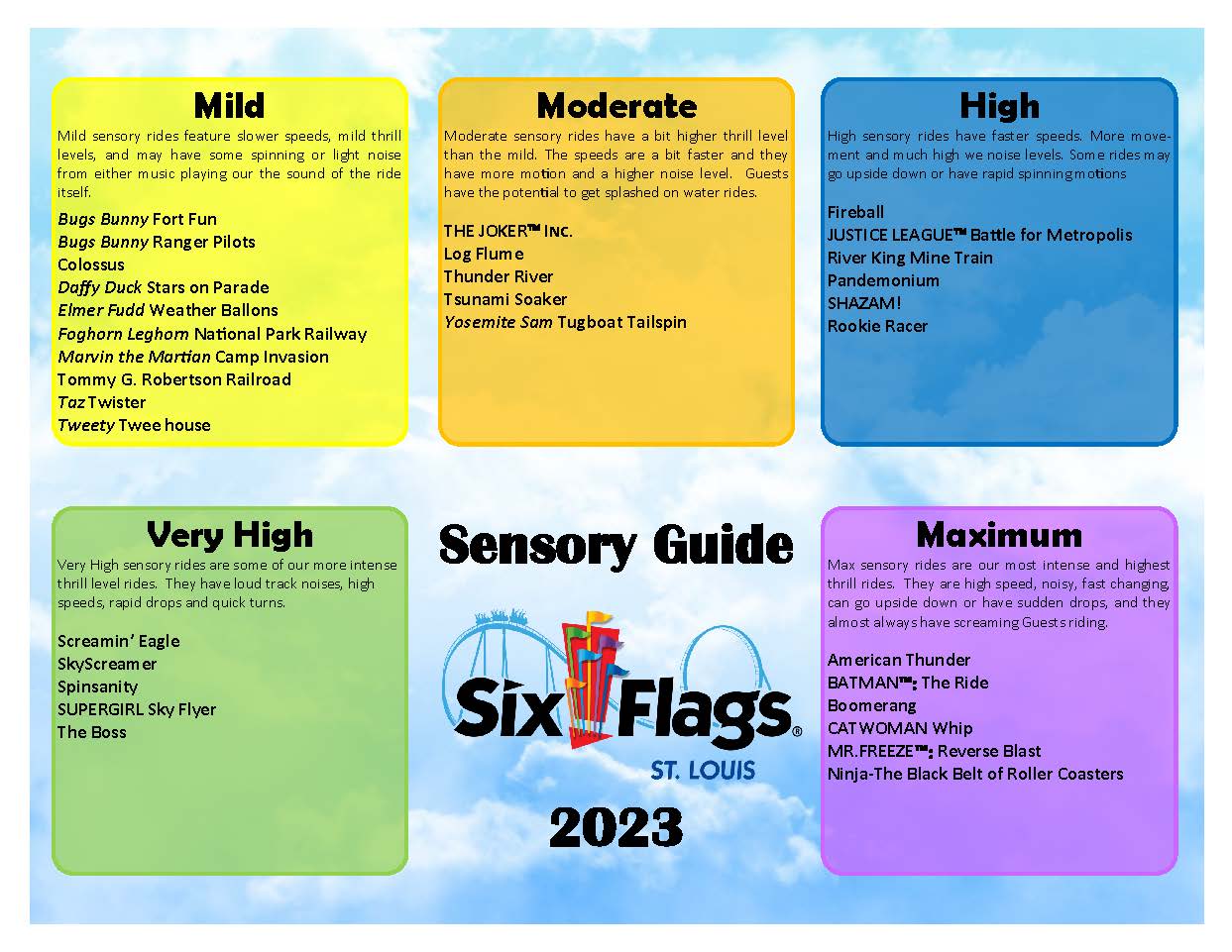
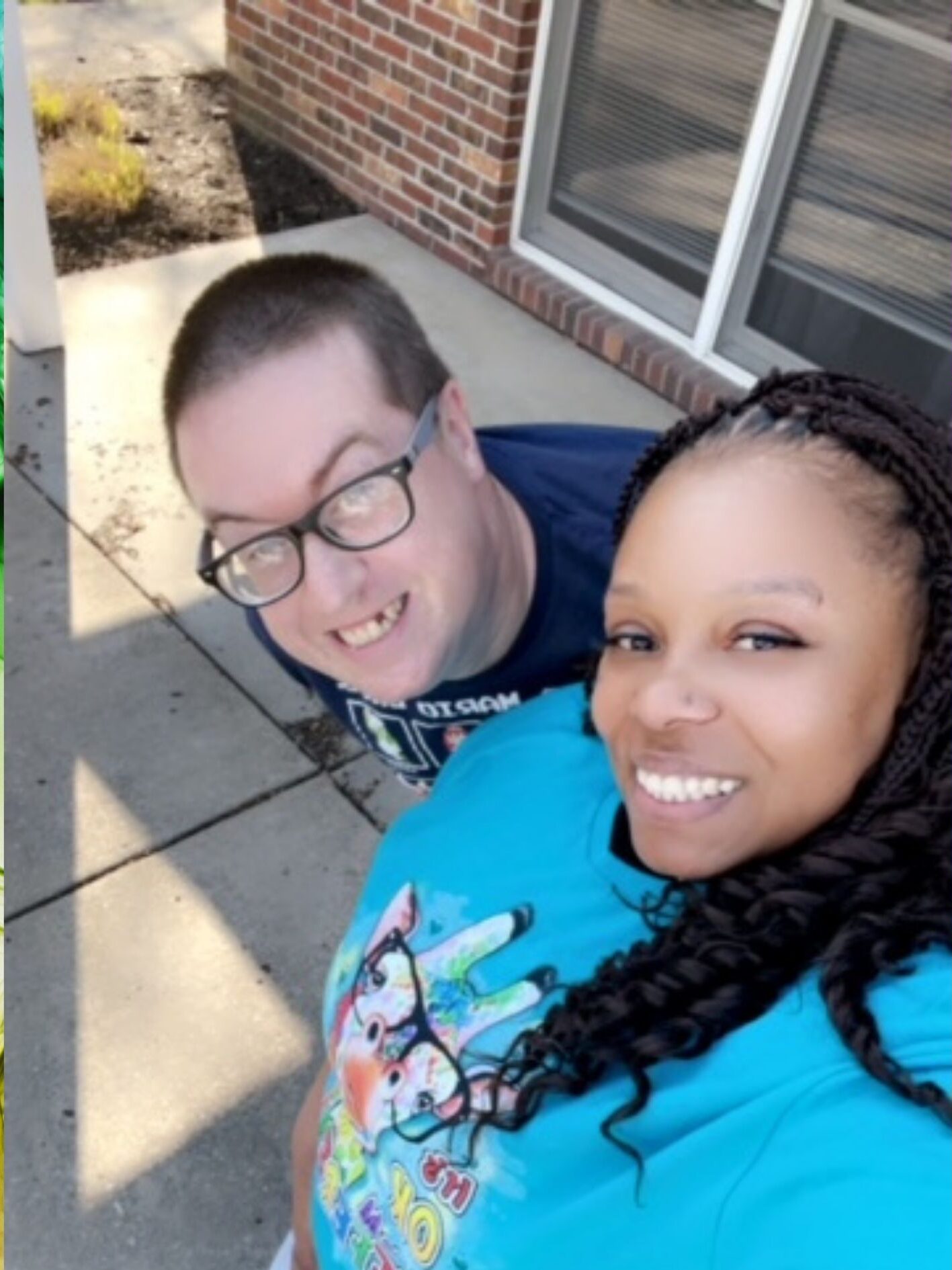

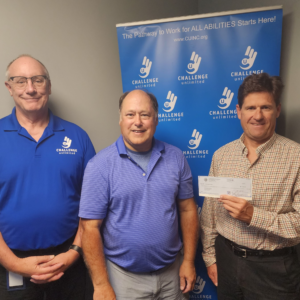
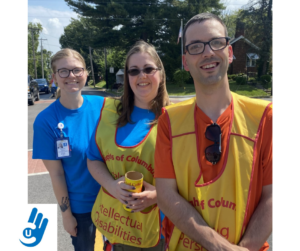
 Introduction
Introduction
